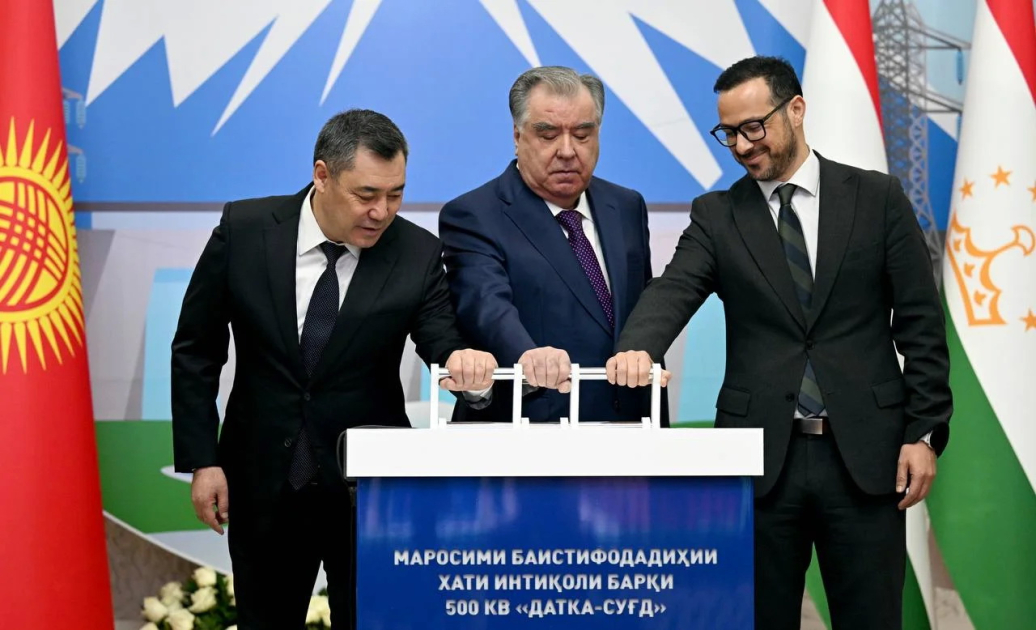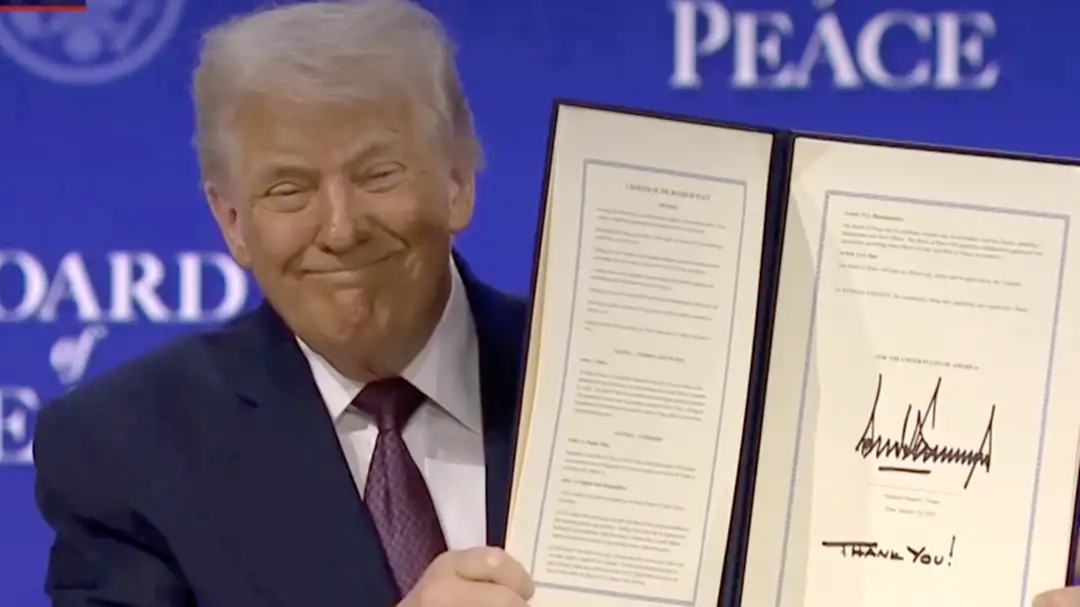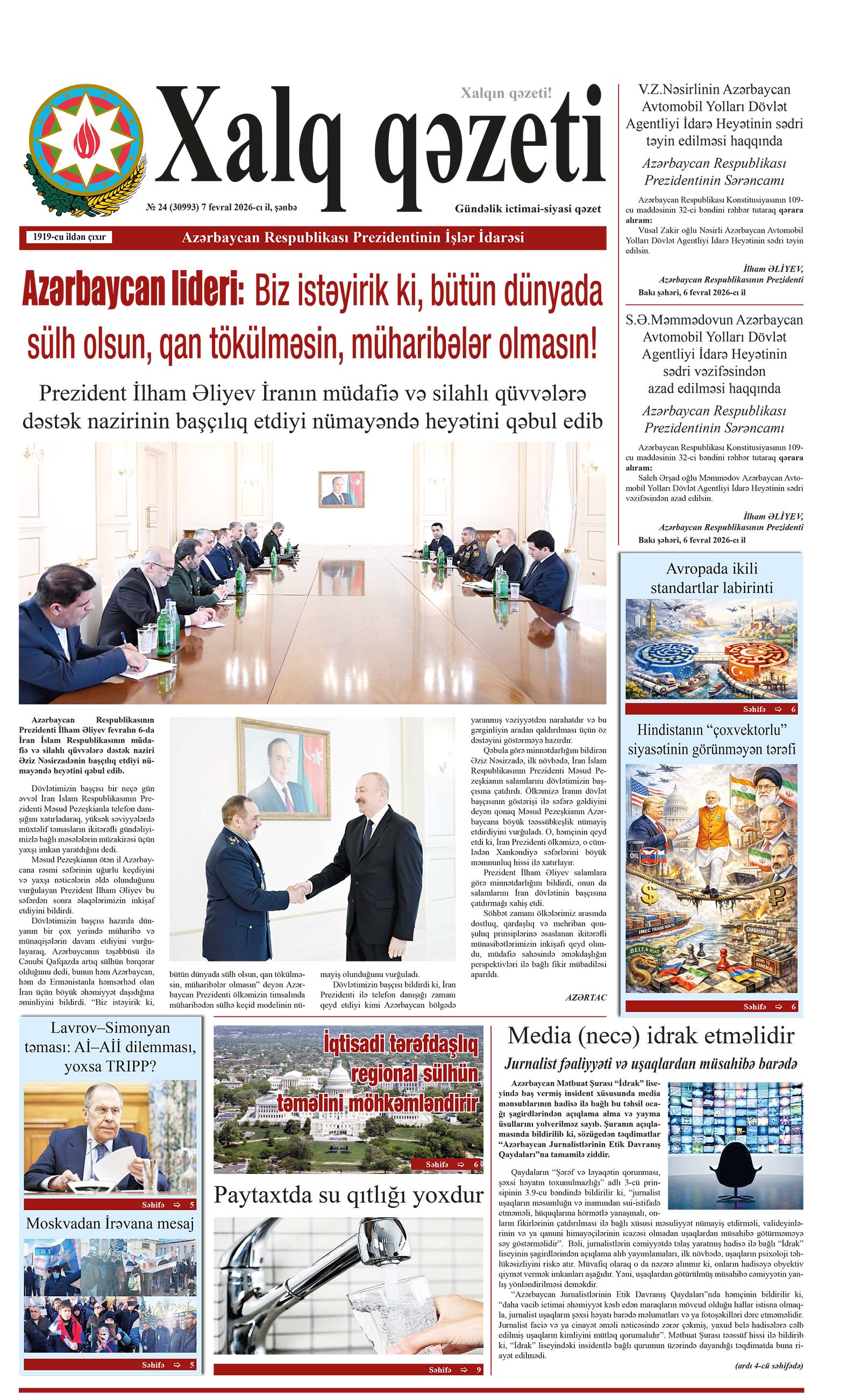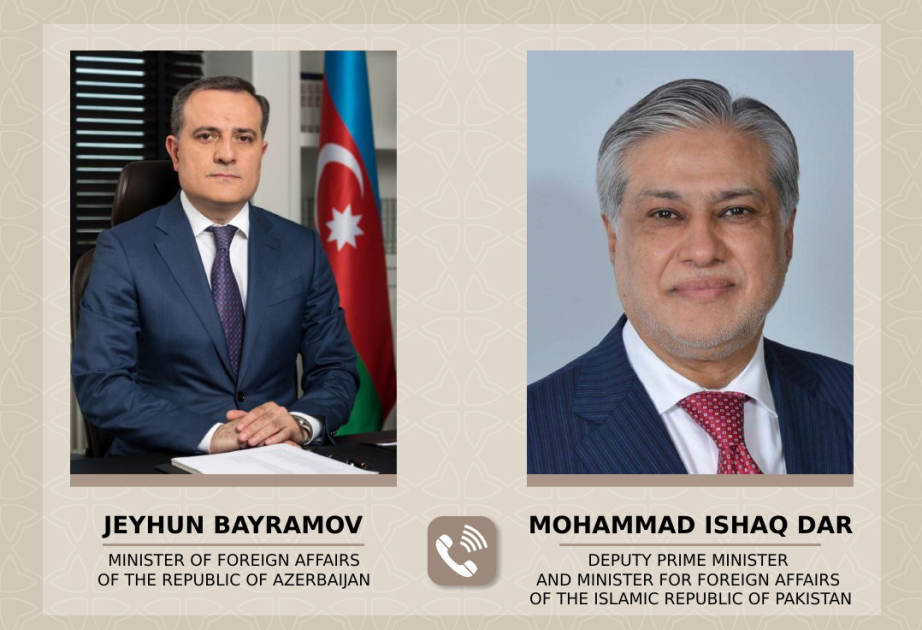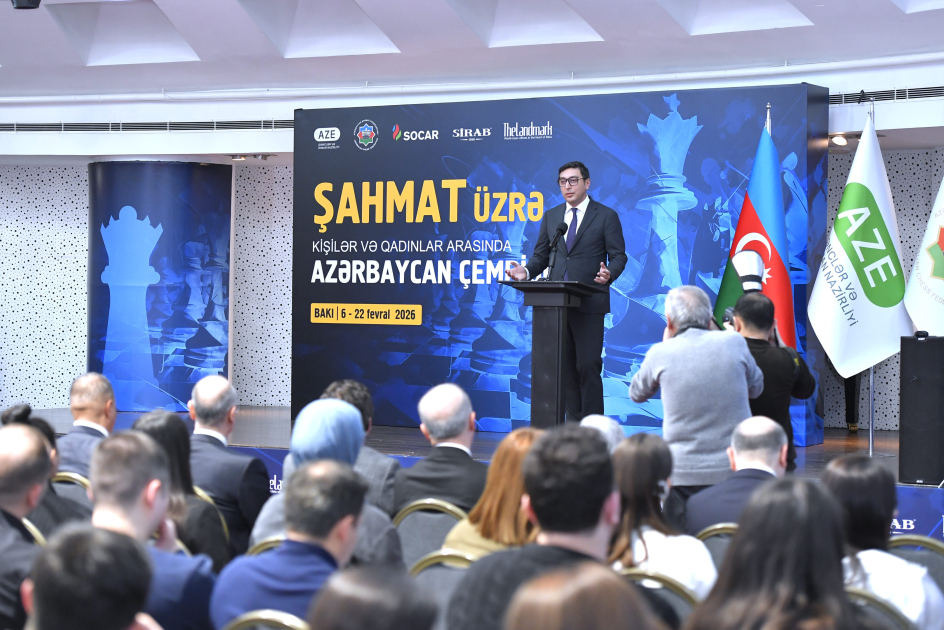Kyrgyzstan, Tajikistan and Uzbekistan on Monday signed an agreement on the junction point of their state borders, Anadolu Agency reported.
The signing of the agreement took place following a trilateral summit between Kyrgyz President Sadyr Japarov, Tajik President Emomali Rahmon, and Uzbek President Shavkat Mirziyoyev in the Tajik city of Khujand, an Uzbek presidency statement said.
The trilateral deal, as well as an agreement between Kyrgyzstan and Tajikistan on the state border, will “serve to ensure the goals of stability and sustainable development, increasing the international authority of the entire region.”
It said that the stele erected at the junction of the trilateral border will become a "new symbol of the strengthening relations of good-neighborliness, trust and strategic partnership of the fraternal countries."
Meanwhile, a statement by the Tajik presidency quoted Rahmon defining the signing of the deal as a "very significant event."
"We in Tajikistan highly value relations with Kyrgyzstan and Uzbekistan, based on the principles of good neighborliness, equality, mutual respect and consideration of each other's interests," Rahmon said during the meeting, noting the development of his country's ties with Bishkek and Tashkent as a priority in Tajik foreign policy.
Japarov conveyed his country's commitment to developing multifaceted cooperation with other Central Asian countries, saying that strengthening cooperation in all areas will be the key to sustainable development and prosperity in the region, according to a statement by the Kyrgyz presidency.
The statement said Japarov reiterated his proposal to introduce a regional visa for foreigners traveling to the region, similar to the EU's Schengen visa.
Following their meeting, all three presidents participated in a ceremony on the unveiling of the stele erected at the junction point of the three countries via videoconference.
The signing of the agreement comes over two weeks after the Kyrgyz and Tajik presidents signed an agreement on the state border on March 13, resolving a longstanding dispute between the two Central Asian countries, which had been a source of conflict in recent years.


